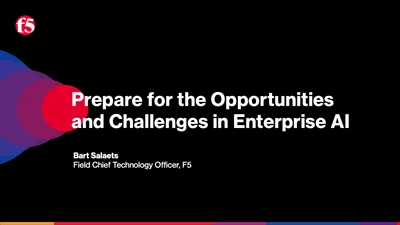Infosecurity News
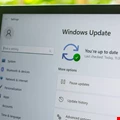
Microsoft Patch Tuesday: One Zero-Day and A Potential 'Wormable' Flaw
CVE-2025-47981 has the “unfortunate hallmarks of becoming a significant problem,” said WatchTowr’s CEO
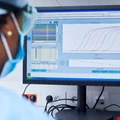
Chinese State-Sponsored Hacker Charged Over COVID-19 Research Theft
The US allege that the hacker stole critical COVID-19 research from universities at the behest of the Chinese government
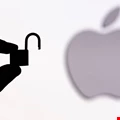
MacOS Infostealer AMOS Evolves with Backdoor for Persistent Access
The addition of a backdoor to the Atomic macOS Stealer marks a pivotal shift in one of the most active macOS threats, said Moonlock

M&S Chair Details Ransomware Attack, Declines to Confirm if Payment Was Made
M&S chairman Archie Norman provided more insights into the April ransomware attack, but did not confirm whether a payment was made to the attackers

Researchers Reveal 18 Malicious Chrome and Edge Extensions Disguised as Everyday Tools
Researchers from Koi Security have detected 18 malicious Chrome and Edge extensions masquerading as benign productivity and entertainment tools
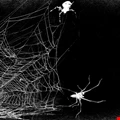
Over 500 Scattered Spider Phishing Domains Poised to Target Multiple Industries
Check Point discovered around 500 suspected Scattered Spider phishing domains, suggesting the group is preparing to expand its targeting

Malicious Open Source Packages Surge 188% Annually
Sonatype’s latest Open Source Malware Index report has identified more than 16,000 malicious open source packages, representing a 188% annual increase
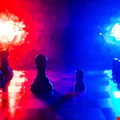
Red Team Tool Developer Shellter Admits ‘Misuse’ by Adversaries
The company behind AV/EDR evasion tool Shellter has confirmed the product is being used by threat actors
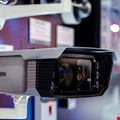
Chinese Video Surveillance Vendor Hikvision to Fight Canadian Ban
China’s Hikvision vows legal battle after Canada bans its operations, citing national security concerns

New Bert Ransomware Group Strikes Globally with Multiple Variants
Trend Micro has observed the Bert ransomware group in operation since April 2025, with confirmed victims in sectors including healthcare, technology and event services

Iran-Aligned Hacking Group Targets Middle Eastern Governments
Iran-aligned BladedFeline group has been observed targeting the government of Iraq and KRG with advanced malware
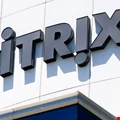
Researchers Share CitrixBleed 2 Detection Analysis After Initial Hold
Vulnerability research company WatchTowr published a detection analysis for the Citrix Blled 2 flaw

Hackers Target Employee Credentials Amid Spike in ID Attacks
Cybersecurity researchers have observed a 156% increase in credential theft incidents between 2024 and Q1 2025

Qantas Contacted by Potential Cybercriminal Following Data Breach
Qantas said it is currently validating the contact, and has informed law enforcement

Hundreds of Malicious Domains Registered Ahead of Prime Day
Check Point has discovered over 1000 suspicious domains registered in the run-up to Amazon Prime Day

IT Giant Ingram Micro Reveals Ransomware Breach
Distributor Ingram Micro says it has found ransomware on its internal systems

Ransomware: Hunters International Is Not Shutting Down, It's Rebranding
Some admins of Hunters International are now part of the encryption-less cyber extortion group World Leaks

Taiwan Flags Chinese Apps Over Data Security Violations
Taiwan warned that popular Chinese-owned apps, including TikTok and Weibo, are harvesting personal data and sending it back to servers in China

EU Launches Plan to Implement Quantum-Secure Infrastructure
The EU’s Quantum Strategy includes plans to develop secure quantum communication infrastructure across the region

WordPress Plugin Flaw Exposes 600,000 Sites to File Deletion
A severe flaw identified in the Forminator WordPress plugin allows arbitrary file deletion and potential site takeover
